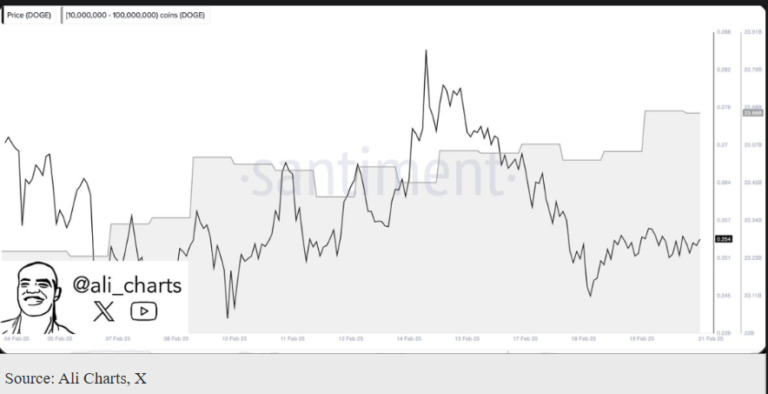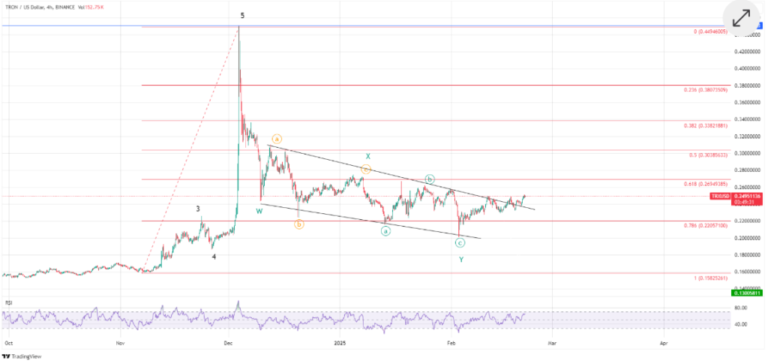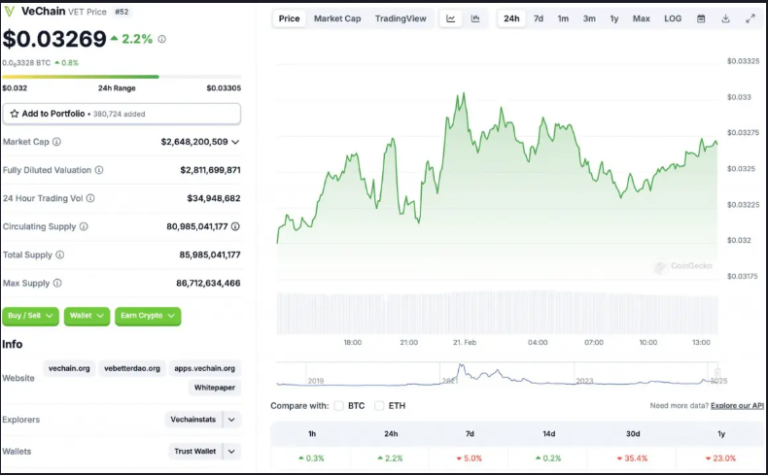Ripple’s Fate Hangs in the Balance as SEC Reshuffles Lawsuits
More from the Author Cal Evans
The SEC has paused lawsuits against Binance and Coinbase while continuing cases against Ripple and Kraken, fueling speculation about a regulatory shift under potential new leadership.
With the formation of a crypto task force and the Presidential Working Group on Digital Asset Markets, the U.S. may be moving toward clearer and more structured cryptocurrency regulations.
The U.S. Securities and Exchange Commission (SEC) is making strategic moves in its legal battles against major cryptocurrency firms, raising speculation about a potential shift in regulatory stance. With lawsuits against Binance and Coinbase on hold, many are wondering—will Ripple be next?
A Pause in the Crackdown
Fox Business journalist Eleanor Terrett recently reported that the SEC is prioritizing cases with pressing court deadlines while pausing others. This decision has led to a temporary halt in lawsuits against Binance and Coinbase, allowing the latter to appeal a ruling denying its motion to dismiss the SEC’s lawsuit. However, cases against Ripple and Kraken remain active, with crucial deadlines approaching—April 16 for Ripple and March 31 for Kraken.
The Binance case is currently on hold until April 14, and other crypto firms, such as Lejilex, have seen similar pauses. These delays have fueled speculation about a shift in the SEC’s approach toward crypto regulation.
Leadership Changes and Regulatory Uncertainty
Some analysts believe that these pauses might be tied to a potential leadership transition at the SEC. Terrett suggested that President Donald Trump’s nominee for SEC chair, Paul Atkins, could soon be confirmed. If this happens, it may signal a more crypto-friendly regulatory environment. The last SEC chair confirmation process, for Gary Gensler, took about a month, and if Atkins follows a similar timeline, changes could come as early as April.
A New Direction for Crypto Regulation?
The recent formation of an SEC crypto task force, led by Commissioner Hester Peirce, also hints at a changing regulatory landscape. This task force aims to develop clearer guidelines for the industry, potentially leading to more consistent and predictable enforcement actions. Additionally, President Trump’s administration has demonstrated a commitment to making the U.S. a global leader in digital assets.
In January, Trump signed an executive order establishing the Presidential Working Group on Digital Asset Markets. This group, chaired by AI and Crypto Czar David Sacks, is tasked with shaping a federal framework for digital asset regulation and even exploring the creation of a national bitcoin stockpile.
What’s Next for Ripple and the Crypto Industry?
Despite the pauses in certain lawsuits, Ripple’s legal battle with the SEC remains on course, with its next major court date set for April 16. While the SEC’s recent actions suggest a softening stance toward crypto regulation, it’s too early to determine how this will affect Ripple’s case. However, with growing regulatory discussions and leadership shifts on the horizon, the industry may soon see a more transparent and structured regulatory framework.
As these legal battles unfold, the crypto community will be watching closely. Will Ripple and other firms benefit from a more lenient SEC, or will the agency’s approach remain unpredictable? The next few months could be pivotal in shaping the future of cryptocurrency regulation in the U.S.
The post Ripple’s Fate Hangs in the Balance as SEC Reshuffles Lawsuits appeared first on Crypto News Focus.








